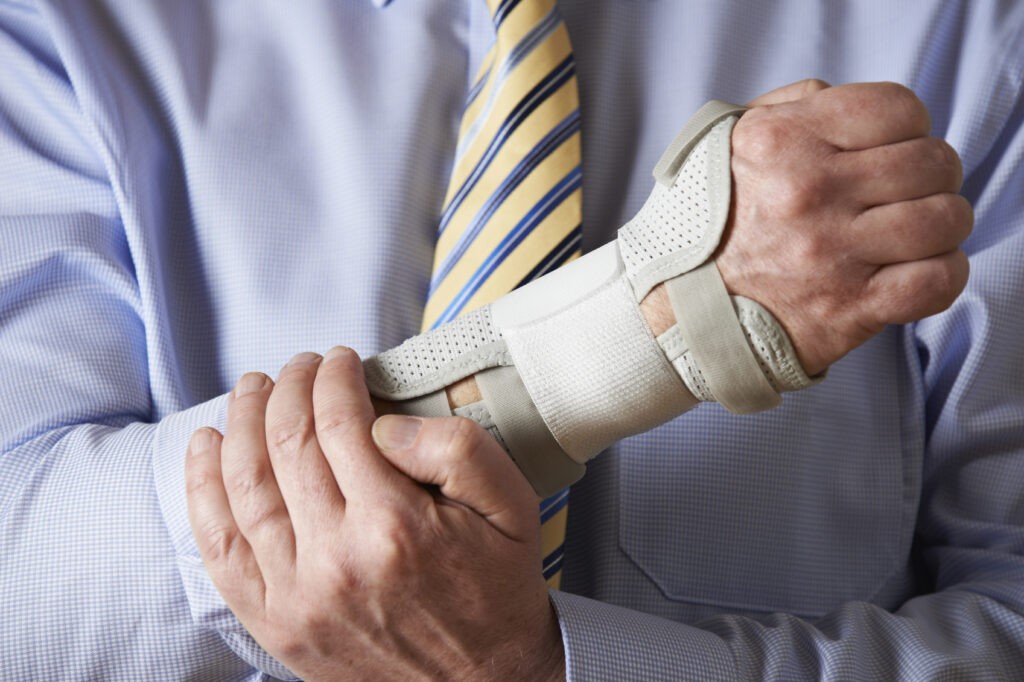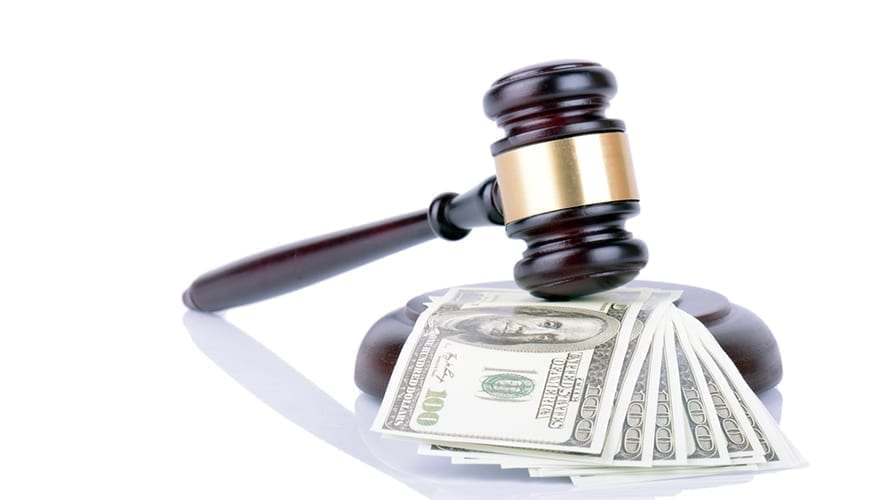
Being injured at work can present a precarious situation for many injured employees. Many employees actually like their job and have a good working relationship with their employer. However, being injured can change that relationship quickly, and especially when there is potential for a general damages personal injury lawsuit as opposed to being placed on workers compensation through the time of the injury.
Typical cases will usually be handled according to state law regarding workplace injuries, but there are still situations where employers require employees to work in unsafe or even illegal conditions and environments. Injuries happen very often when this is occurring, including wrongful death, and many times there are even multiple claims available when insurance companies are acting in bad faith or against workers compensation insurance law.
Here are a few considerations regarding potential legal action when being injured on the job.
Employee or independent contractor?
Many employers will attempt to hire employees as independent contractors. This can be a slight-of-hand tactic by the employer to make the employee think they must assume personal responsibility when being injured on the job.
The workers compensation board may have a different opinion when all material facts surrounding the occurrence of the injury are evaluated. The court system is concerned with the actual nature of the relationship, and many times an injured victim is actually approved for workers compensation benefits even when the employer is attempting to claim an independent contractor defense.
Insurance companies will often also want to use this same reason for a claim denial, but an experienced personal injury attorney will understand how to establish responsibility for the injury regardless of how the injured victim is classified in their employ. Either legal standing could apply based on certain facts associated with the working relationship.
What is workers comp?
The workers compensation program is designed to help both the injured worker and the employer. There is consideration for both parties with the medical treatment being foremost immediately for the injured worker. Injured employees are entitled to financial coverage for medical bills along with replacement of lost wages until the injury is rehabilitated in as much as is possible.
Serious injuries pose real problems for victim workers, and many times the injury will result in disability if not eventual death. This also further complicates the decision to accept workers compensation or file a general damages personal injury claim that will include financial compensation for long-term impact.
The consideration employers receive for maintaining workers compensation insurance coverage for their employees per the law is that they are generally exempt from a personal injury lawsuit pursuing general damages for pain-and-suffering.
Understanding the difference between workers comp and a personal injury lawsuit
The primary difference between a workers compensation claim and a personal injury lawsuit is the allowance for long-term impact of the injuries. Serious injury cases are always better adjudicated equitably with a personal injury lawsuit.
General damages are typically available in addition to replacement of lost wages in a personal injury lawsuit, and lost future wages can be a compensation issue as well. Workers compensation insurance is assuredly designed in favor of the employer, and an injured employee can be left significantly under-compensated when the insurance provider is being difficult or slow in paying benefits.
Workers compensation insurance companies regularly act in some level of bad faith when claims are filed, including stopping benefits payments even after the claim has been initially validated.
When can you file a lawsuit in court?

Most lawsuits that are filed in a state court instead of handled via the state workers compensation insurance system happen when a worker is seriously or permanently injured and general damages are needed for whole financial compensation.
However, there are some technicalities that can impact standing to sue. The central issue in a personal injury lawsuit is negligence and the degree to which it exists. Factual technicalities matter greatly, and especially when employers are in violation of any Occupational Safety and Health Administration rules and regulations. And, those workplace requirements are numerous.
While some employers are negligent to some degree regarding safe working conditions and over-working employees, there are still other employers who could have displayed gross negligence as well beyond technicalities and violations. Gross negligence is the legal term applied when punitive damages could be available for injured workers based on the prior actions of the employer in creating the scenario resulting in the injury.
This is especially applicable in wrongful death situations.
Should you sue for both workers compensation and personal injury?
There are some situations when an injured worker is both eligible for workers compensation and a personal injury lawsuit based on employer negligence. An aggressive personal injury attorney can represent both claims with one being processed through the state workers compensation agency and the other filed in a standard state court.
This only applies when the “no fault” standard of workers compensation is violated by the employer. In exchange for not being assessed for comparative fault in a workers compensation case, workers are typically placed on workers comp benefits immediately when the injury will last more than seven consecutive days. But, employers have the right to contest any claim.
These are usually the cases that wind up in both the state courts and workers compensation legal system, and a personal injury lawsuit should always be pursued in serious injury cases that can be supported by validated documented evidence in proving the case. Plus, workers compensation insurance companies could be liable for bad faith actions, which would then result in even more legal avenues of financial recovery for non-economic general damages.
It is important for all injured workers to consult with an experienced workers compensation or personal injury lawyer following any workplace accident even when the employer is agreeable to the comp claim. The case could be much more valuable than the injured worker realizes, and employers can still be dishonest throughout the physical recovery process. Always retain an attorney with a strong track record of results for their clients that include significant whole compensation for long-term pain-and-suffering.
